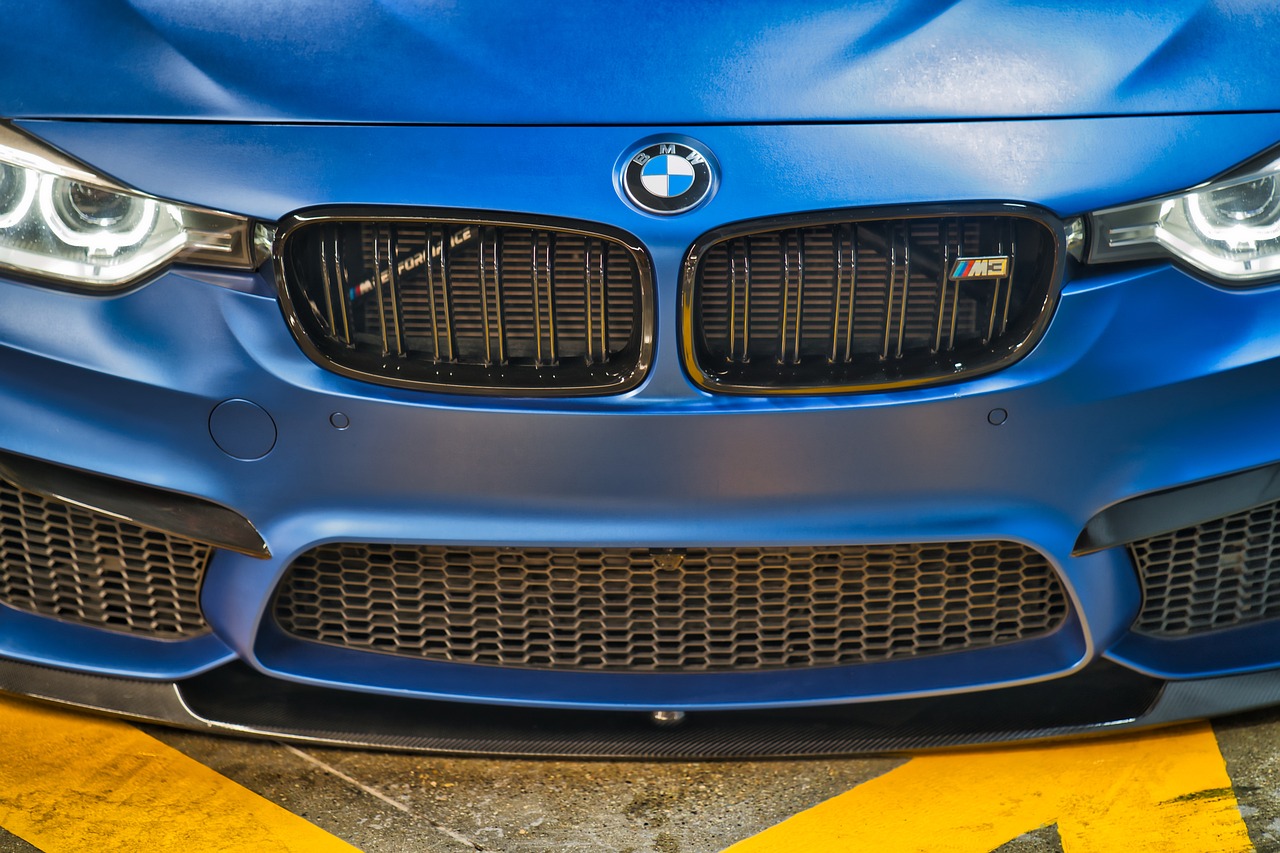BMW’s Hungarian plant in Debrecen just lost a high-volume model in a strategic change!

The German car manufacturer BMW has decided that one of the three models originally planned to be produced in Debrecen, the new 3 Series based on the Neue Klasse platform, will be built at the main plant in Munich instead of in Hungary. This decision may have an impact not only on production capacity but also on the plant’s economic contribution, particularly in terms of Hungary’s GDP.
The Debrecen BMW plant was originally designed to produce three different electric models from the Neue Klasse platform: the iX3, iX4 and 3 Series. However, as part of the restructuring decision, BMW management decided to build the new 3 Series in Munich instead. According to 24.hu, the reason for this change is the uncertainty in the industrial environment, which is affecting the European car industry in particular.
The decision allows the Debrecen plant to focus on the two remaining models, the iX3 and iX4. However, this means that the plant will be optimised to produce only two models instead of the three originally planned.

Reduction in capacity
When the construction of the plant was announced in 2018, BMW set out ambitious plans to produce 150,000 cars a year in Debrecen. However, it now appears that this figure could be significantly reduced. According to industry sources, the maximum capacity of the plant could be limited to 80-90 thousand cars per year based on current plans.
The capacity reduction is due to the relocation of the new 3 Series to Munich. This model is expected to be a high-volume product and will be produced at the company’s flagship plant in Munich. Full capacity utilisation of the Debrecen plant will therefore remain uncertain towards the end of the decade.
The production start date has also been changed. The original target date of 2025 has been postponed by one year, and production is now expected to start in 2026. This shift is also due to the general uncertainty in the automotive industry.
The uptake of electric cars in Europe has been slower than manufacturers had previously expected. This slowdown has created spare capacity for several multinational carmakers, providing an opportunity to restructure and optimise production plans.
The strategic role of the Munich Plant
Munich continues to play a key role in BMW’s global manufacturing strategy. The company chose to build the new 3 Series at this central plant because of its ability to manage the product portfolio accurately and efficiently. This decision is in line with the company’s priority of strategically positioning its highest-volume models.
Munich is also a good location because in the current economic climate, competition between production sites is fiercer than ever. It is becoming increasingly difficult for automotive companies to make long-term plans, especially for new models and plants.

BMW’s possible impact on the Hungarian economy
The planned reduction in production at the Debrecen plant could have a direct impact on Hungary’s economic growth. The plant was originally expected to make a significant contribution to Hungary’s GDP but reduced capacity and delays in the start of production may reduce this expectation.
However, the plant could still be an important player in the Hungarian car industry, particularly with the production of two new electric models. The key question for the long-term outlook, however, is whether the plant will be able to reach full capacity and what new models are planned for the future.
Read also:
- Weak car and battery factories, big drought: the Hungarian economy in technical recession
- Hungary’s car industry crisis: Are mass layoffs inevitable?
Source:





